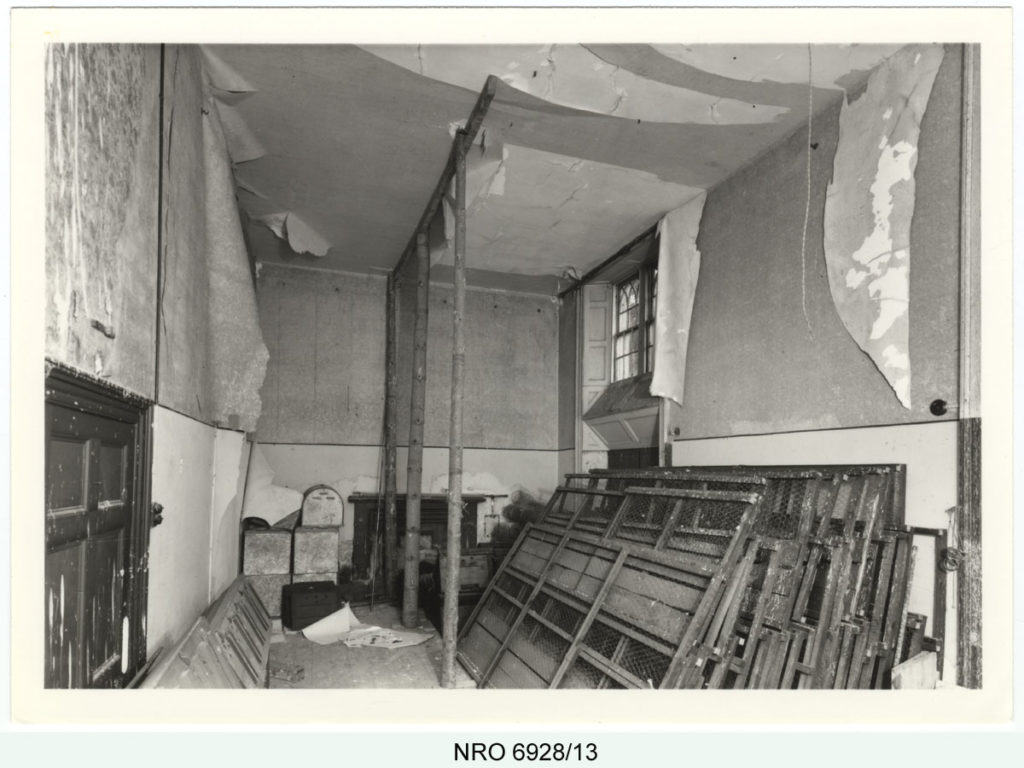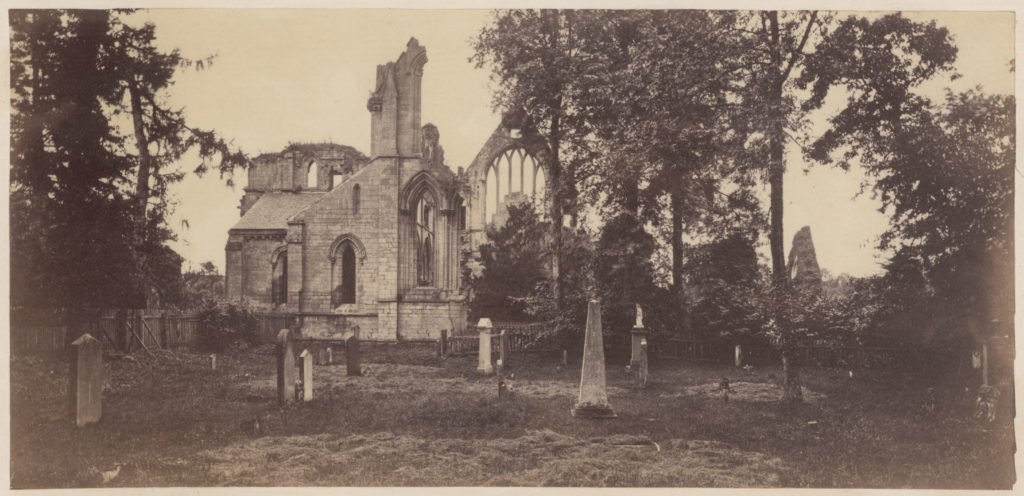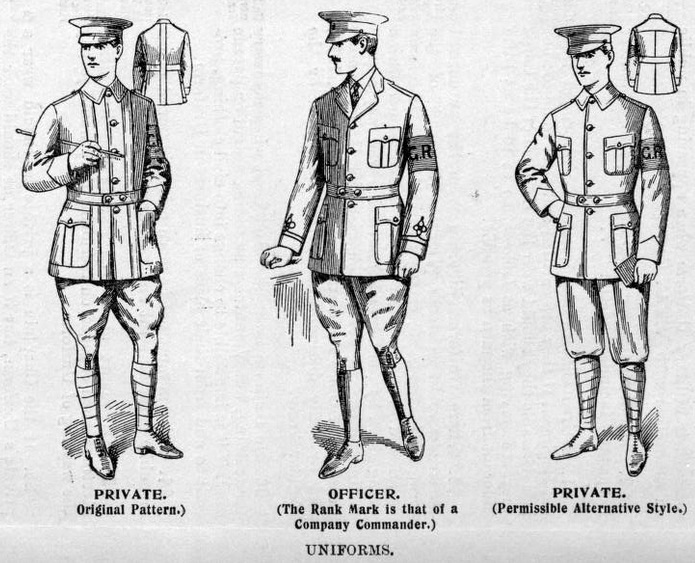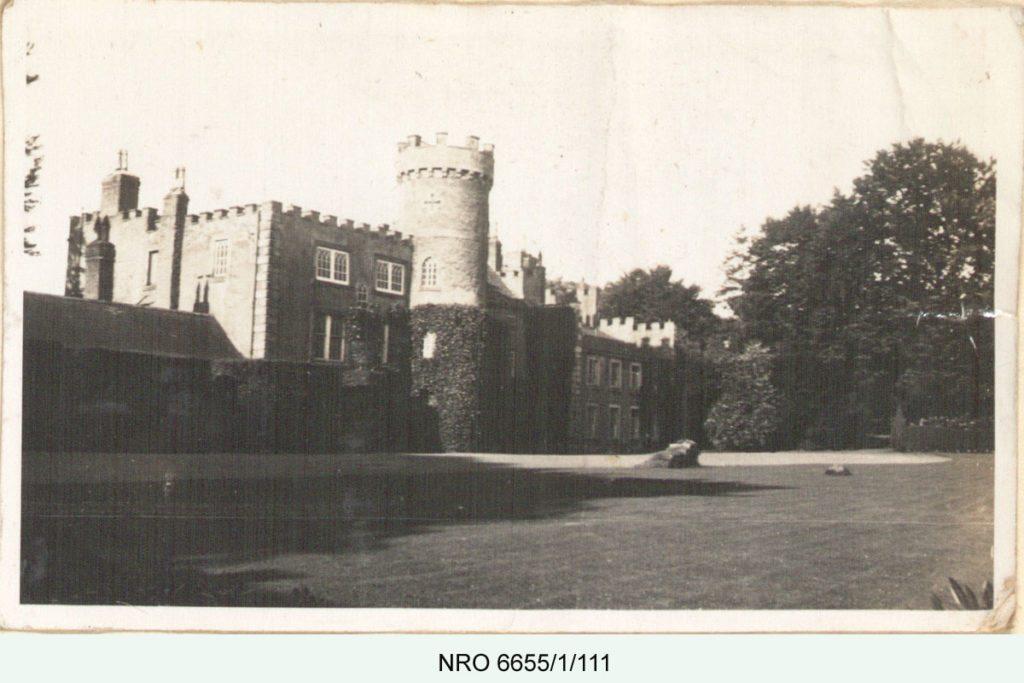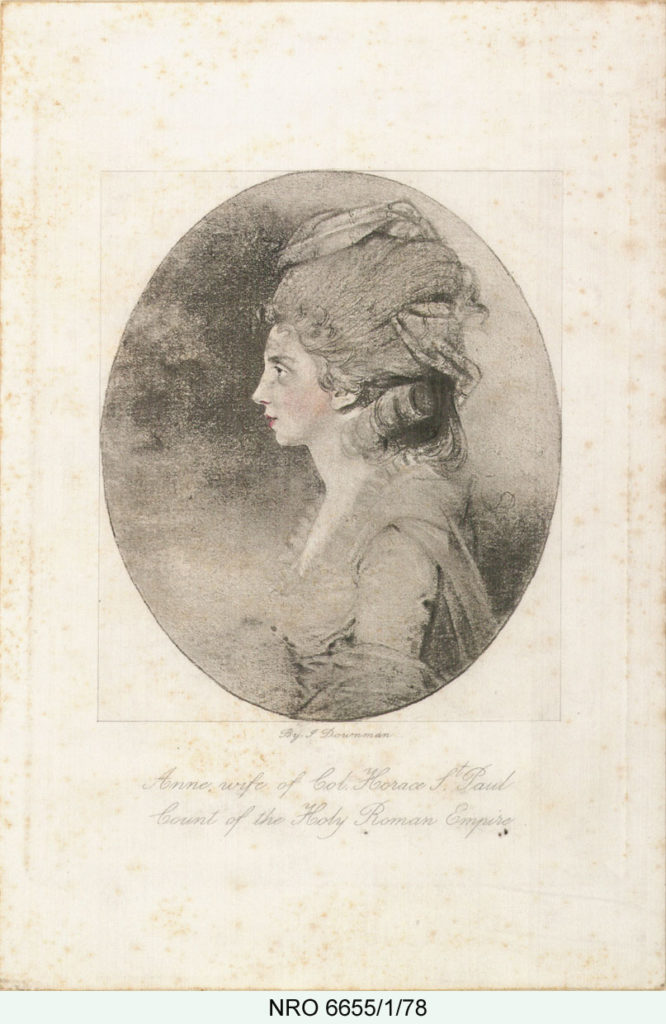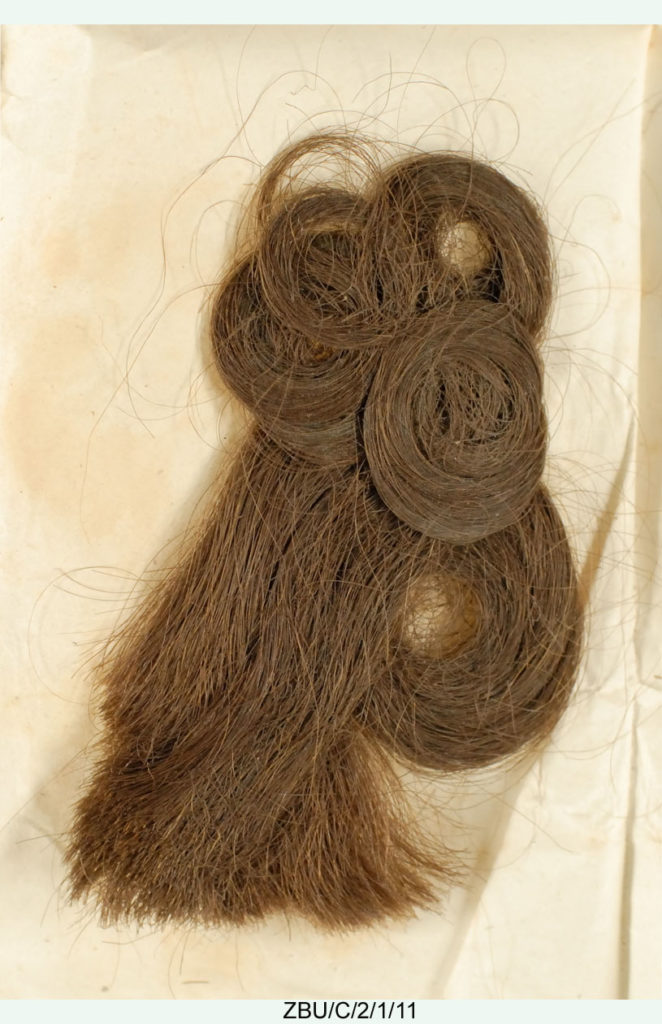Horace and Anna Maria’s eldest child, Anna Maria Charlotte St. Paul [always known to the family as Charlotte], born in 1805, seems to have been the family hypochondriac. Much of the correspondence from her to various family members discusses her various ailments, and the lack of attention and sympathy she receives from her brother and sisters. She married into a well-known local family when she wed Reverend Leonard Shafto Orde in 1832. Leonard was the personal vicar to the Duke of Northumberland, so much time was spent in Alnwick.
Elizabeth Katherine and Frances Agnes St. Paul, the middle daughters, are still mysteries to us. What has been gleaned so far is that Elizabeth and Frances were deemed ‘imbeciles’. The girls lived with Charles Maximilian and Anna Maria at Ewart Park, under constant supervision because of their so-called violent behaviour. Letters from their sister, Anne, suggest that the girls were kept in their own private apartments at both St. Ninians and Ewart, and they were not allowed out of their rooms without attendants. An intriguing letter written in 1849 by Anne to her brother Horace about their sisters, notes that Elizabeth is cunning, prone to fits of rage, used violent language as well as violence itself, and that she was deficient in intellect. The two sisters were also defrauded by their aunt and uncle. Anna Maria got the girls to sign folded pieces of paper, and the girls did not know they were signing promissory notes, technically handing over their inheritances and allowances to their aunt and uncle, presumably to pay debts. Frances died in 1862, Elizabeth not until 1881.
Another sister, Jane Isabella, ran off to Ireland at a young age, where she took up with a Captain, before meeting and marrying Dr. Evans. He died soon after and Jane married again, to another doctor, Dr. Martin Hamilton Lynch, with whom she eventually moved to France.
Horace’s youngest daughter, Anne, was quite an adventuress for her time. She showed a wilful streak, and followed her sister Jane to Ireland. Writing in November 1834, she notes that she fled to Jane because two people had informed her that her brother-in-law, the Reverend Leonard Shafto Orde, had declared she was,
…in a state of derangement, that a strait waistcoat was the fittest thing for me, and that he had been advising my relations at Ewart to have me taken care of as a deranged person.
Her father must have looked upon her favourably though, as she seems to have gone unpunished for her exploits. Anne died in 1883, having never married.
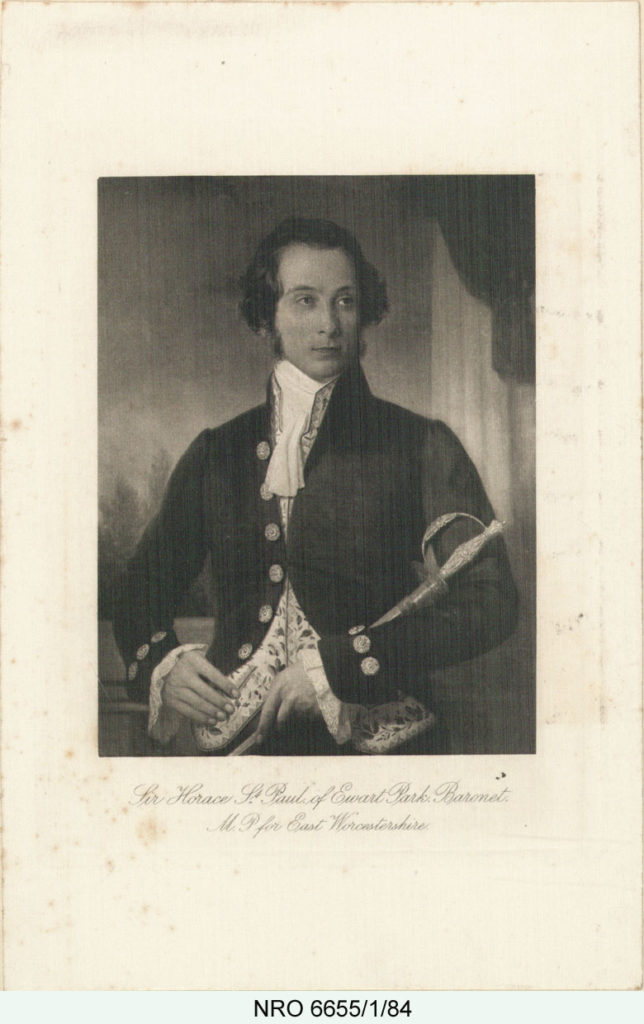
Sir Horace’s son, Horace St. Paul, was his heir. The only legitimate son, born in 1812 at St. Ninian’s, Northumberland, he served as MP for East Worcestershire from 1837-1841, and the collection includes extensive political records relating to his campaigns. He was a Justice of the Peace, advocated teetotal principles, and served as a Deputy Lieutenant of Northumberland. A somewhat wholesome image of the man is presented when viewing his papers. A legal document shatters this. At the age of 50 years, Sir Horace seduced the seventeen year old Fanny Russell of Highgate, after she was sent to his abode by her mother to curry his favour for the family boarding house. The affair continued for some years and Fanny bore him two children, both of whom died in infancy.
Sir Horace eventually married Jane Eliza Grey in 1867. She was the daughter of George Annett Grey, and niece of Josephine Butler. The couple had only one child, Maria (or Mia) St. Paul, born in 1868. Jane died in 1881, and Mia and her father lived at Ewart until his death in 1891. The baronetcy then became extinct, although Mia was still entitled to bear the title of Countess of the Holy Roman Empire.
Mia loved Ewart and Northumberland deeply. At the age of two she had laid the foundation stone for the new nurseries at Ewart. She was an enthusiastic member of the Berwickshire Naturalist’s Club, and greatly enjoyed travelling the county, and talking to her tenants on the estate. Her godmother was her great-aunt, Josephine Butler, and these great family ties led to the marriage of Mia to Josephine’s son, George Grey Butler, a Senior Examiner to the Civil Service, in 1893.
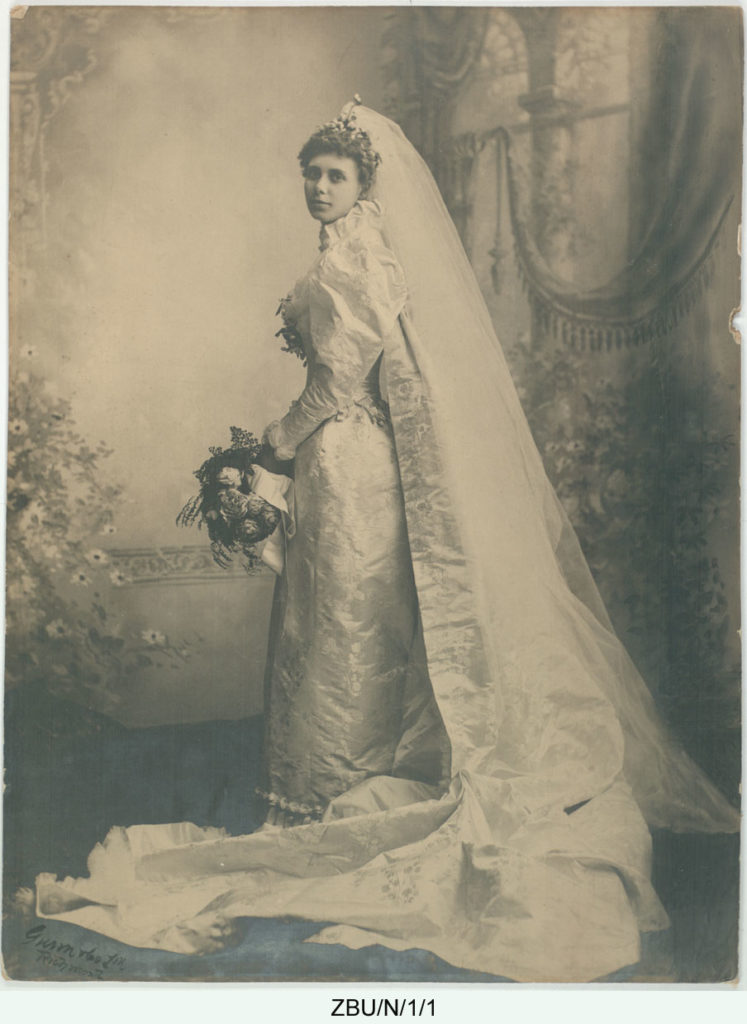
George treated Mia as an equal, discussing estate business with her, as well as art and literature. The couple had three children, Hetha, Horace and Irene Maria Butler. Their story unfortunately does not have a happy ending. A diary kept by George after the birth of Irene in 1901 charts Mia’s short illness and death. It seems that she suffered from blood poisoning after childbirth, and suffered hallucinations for days before she died.
There is an oral history recording of Hetha Butler held within the archives [ref. T/20]. Recorded in 1972, Hetha reminisces about her idyllic childhood on the Ewart estate. We also hold many of her watercolour sketches of the estate, which cast light on the privileged childhood the children had. Irene became Private Secretary to Lord Robert Cecil in 1927, and she seems to have continued in this position until 1942, two years before her death.
Hetha and Irene’s brother, Horace was born in 1898. He served as a Lieutenant in the Royal Artillery during the First World War, and among the collection we have some of his trench maps for Belgium and France. After the War, he struggled to receive an army pension after suffering from “shell shock” or post-traumatic stress disorder. He married Dorothy Torlesse and the couple moved to Canada before eventually returning to England. During the Second World War, he served as a Captain in the 1st Battalion Northumberland Home Guard. Because of the role he held, we have in the collection files relating to the Home Guard.
Although hardly touched upon so far, the hidden gem of the St. Paul story is Ewart Park itself. The house is Grade II listed, and though constructed by Count Horace, does have nineteenth century additions. The grounds and parkland in which Ewart sits were also designed by the Count. The house was sold by the family in 1937, after the death of George Grey Butler. His son, Horace, did not have the means for the up-keep of the house, especially after death duties. It was occupied by the military during the Second World War, and has not been inhabited since.
